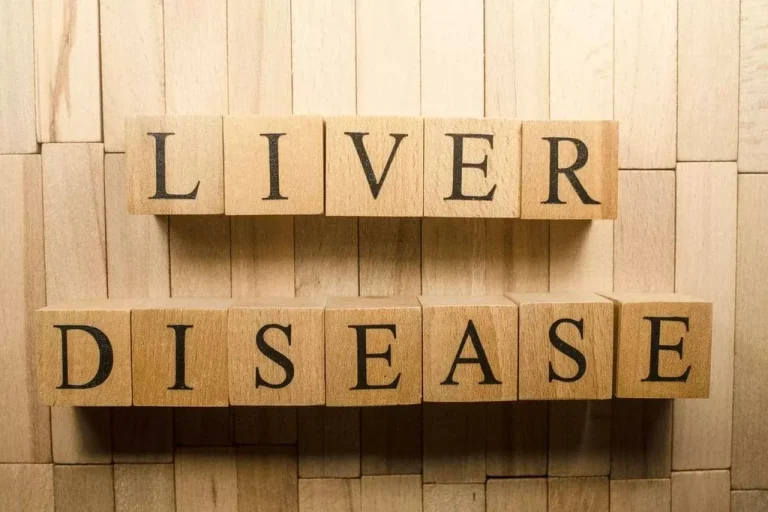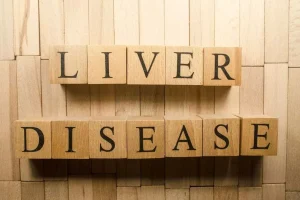
However, many children who receive the right support and therapies can overcome these defects and have a better quality of life. Children born with fetal alcohol syndrome are automatically eligible for early intervention services in most states. Children can also qualify for services without a diagnosis if they have signs of a developmental disability. If you think there could be a problem, ask your healthcare provider for a referral to a specialist (someone who knows about FASDs). Specialists could be a developmental pediatrician, child psychologist, or clinical geneticist. In some cities, there are clinics whose staff members have special training in diagnosing and treating children with FASDs.
- All types of alcohol are equally harmful, including all wines and beer.
- Fetal alcohol spectrum disorders (FASDs) are a group of conditions that can occur in a person exposed to alcohol before birth.
- Your baby’s brain, heart and blood vessels begin to develop in the early weeks of pregnancy, before you may know you’re pregnant.
- The symptoms of FASDs may look like other health conditions or problems.
Diagnosis of FASDs
This gives the parents a break so they can take care of other family needs. Ask your child’s healthcare provider about services in your area. Central nervous system damages due to prenatal alcohol exposure are permanent. The treatment strategies are tailored to address alcohol-related birth defects and developmental disabilities in each child with specific therapies (7). All sexually active women are advised to abstain from alcohol if they are not using effective contraception (birth control) measures.
- There’s no known safe amount of alcohol to drink during pregnancy, and there’s no type of alcohol that is safe.
- The signs and symptoms of fetal alcohol syndrome can vary.
- Children born with this syndrome experience the symptoms throughout their entire lives.
- If you’ve already consumed alcohol during pregnancy, it’s never too late to stop.
- The cause of all FASDs is alcohol consumption during pregnancy.
Health Products
- However, diagnosis of fetal alcohol spectrum disorders can be difficult.
- It takes most people 4–6 weeks to confirm that they are pregnant after having penetrative sex.
- All FASD diagnoses require evidence of fetal alcohol exposure in the womb.
- Alcohol consumption could harm the developing fetus at any time during pregnancy — especially early on in the development process.
- This exposure typically occurs when a pregnant person drinks alcohol, and it enters the fetus’s bloodstream through the umbilical cord.
Sometimes, this means that people drink alcohol without realizing that they are pregnant. However, early intervention and support often help improve child development. In this article, we look at why Alcoholics Anonymous FAS occurs and its symptoms, treatments, and risk factors.

Social and behavioral issues

Fetal alcohol syndrome is on the severe end of fetal alcohol spectrum disorders (FASD). FASD is a range of conditions in the child caused by the mother drinking alcohol during pregnancy. FAS is the most severe fetal alcohol spectrum disorder (FASD), a group of conditions caused by PAE.

What can I do to prevent FASD in my child?
- It can cause problems with learning, behavior, and mental and physical health.
- These state-run services vary by state but include evaluation and services based on your child’s developmental needs.
- Fetal alcohol syndrome is a condition in a child that results from alcohol exposure during the mother’s pregnancy.
There’s no known safe amount of alcohol to drink during pregnancy, and there’s no type of alcohol that is safe. Adults with FAS may require additional support and services to help them manage symptoms. There is no cure for FASDs, but early intervention and support can significantly help with child development. No two cases are exactly the same, so specialists will tailor the treatment plan to each person’s needs.
Treatment For Fetal Alcohol Syndrome
It is important to note that many of these symptoms can occur for a range of reasons, so a person should consult a doctor if a child has any of them. But this means the mother must stop using alcohol before getting pregnant. A woman should stop drinking at once if she thinks she could be pregnant. Children older than 3 are not eligible for early intervention, but they can qualify for special education services before kindergarten or while enrolled in school. You can contact your local elementary school or board of education to request an evaluation.
Complications
It can cause problems with learning, behavior, and mental and physical health. Binge drinking, i.e., consuming three or more drinks at a time, can have teratogenic effects on the baby. This can cause high alcohol levels in pregnant mothers and their baby’s blood. The National Survey on Drug Use and Health (NSDUH) (2021) reported that about 4.3% of pregnant women indulged in binge drinking. Although you may not drink every day, binge drinking at once can cause FAS in babies (4). If a caretaker or healthcare provider believes a child has fetal alcohol syndrome, they are typically referred to an FASD specialist.

Risk Factors And Causes Of Fetal Alcohol Syndrome
Alcohol in the mother’s blood passes to the baby through the umbilical cord. Fetal alcohol syndrome isn’t curable, and the symptoms will impact drunken baby syndrome your child throughout life. However, early treatment of some symptoms can lessen the severity and improve your child’s development. There isn’t a direct test for FAS and pregnant people may not give a complete history of all alcohol intake during pregnancy. The more you drink while pregnant, the greater the risk to your unborn baby.
Risk factors
However, with early identification and support, children with FAS can learn important skills that can aid their development. These primary and secondary disabilities affect an individual’s ability to take care of themselves and live alone. FASD is referred to as an “invisible disorder” as the majority of people who are diagnosed do not have any outward signs of disability. Problems with learning or behaviour are mistaken for other disorders. A doctor may refer a person for a neuropsychological assessment. This may consist of various tests to assess symptoms, such as cognitive function, attention, and memory.